Faculty and Researchers
Fellows
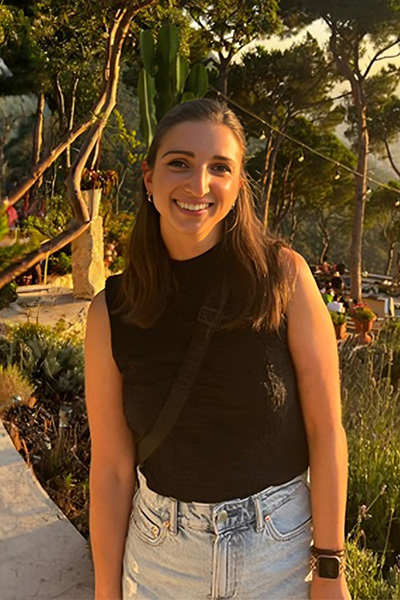
Molly Hickey
Molly Hickey is a PhD candidate in the Department of Government at Harvard University. She is interested in the political economy of authoritarianism and welfare policy reform in the Middle East and North Africa. Prior to her graduate studies, she worked on USAID projects in the MENA region and was a Fulbright Research Fellow in Jordan. She graduated with a BA in International Political Economy and Middle East/North Africa Studies from Pitzer College.

Mohammad Almoghabat
Mohammad Almoghabat is a third-year PhD candidate at the Vrije Universiteit Brussel. He is currently the MENA Office Director at EuroMed Human Rights Monitor. Previously, Mohammad worked with several international and national organizations including UNDP, the Agency for Peacebuilding, Innovation for Change, Transparency International Lebanon, NAHNOO, and Lebanese Eco Movement, among others. Mohammad’s professional experience centers around international human rights law, good governance, anti-corruption, accountability and transparency, while also conducting organizational development strategies and plans. He has several publications in these fields.
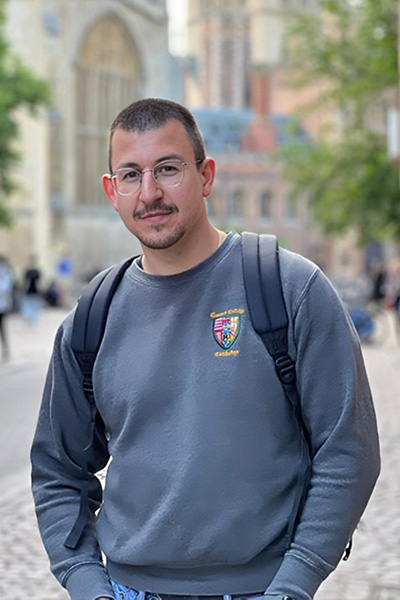
Fadi Amer
Fadi Amer is a PhD candidate and Gates Scholar in the Department of Politics and International Studies at the University of Cambridge. His doctoral work concerns nationalism and sectarian politics in modern Lebanon, and he has previously published on Amartya Sen’s conception of liberty. More broadly, he is interested in historical approaches to the political economy of the Middle East, particularly the Levant, and political theory stemming from these inquiries. Prior to his doctoral studies, he worked with the United Nations Refugee Agency in Tunisia.

Drew Mikhael
Dr. Drew Mikhael (he/him) holds a PhD from Queen’s University, where he is a resident scholar at the Centre for the Study of Ethnic Conflict. He is a non-resident fellow at the Tahrir Institute for Middle East Policy (TIMEP). His research interests are primarily focused on peacebuilding in divided societies and forced displacement. He has, for the last 15 years, worked with governments and local and international organizations to develop better peacebuilding practices and aid the inclusion of marginalized groups, primarily displaced in the MENA region and East Africa. Some of his clients have included the UK, German, Dutch, and Lebanese governments as well as UNHCR, UNDP, EU, and OECD. He was previously a post-doc at Durham University, developing policy recommendations to tackle the political exclusion of young people. While Drew regularly publishes peer-reviewed work on the wide nexus of violence and peace, he is deeply committed to making knowledge practical.
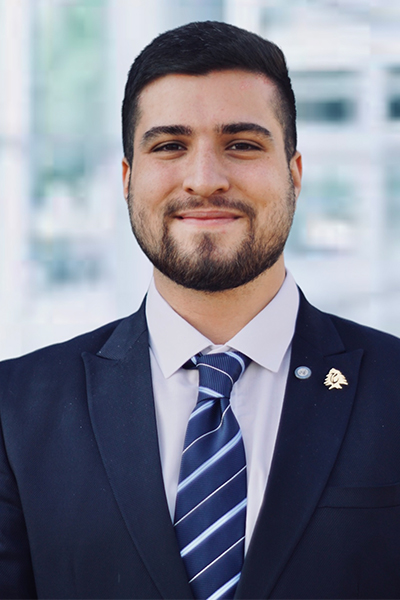
Houssein Al Malla
Houssein Al Malla (he/him) is a research fellow for international humanitarian interventions in fragile contexts at the Institute for Social Justice and Conflict Resolution (ISJCR) and the Institute for Migration Studies (IMS) at the Lebanese American University. He is a doctoral candidate in political science at the German Institute for Global and Area Studies (GIGA) and the University of Hamburg. His dissertation explores how political psychology and the actor-specific traits of leaders, as well as elite networks, shape foreign policy decisions and the outcomes of international crises. By combining political psychology with theories of international relations, his work aims to offer new insights into how leadership dynamics influence both policy formation and international statecraft. In addition to his research, Houssein is a lecturer in political science at the University of Hamburg, where he teaches courses on international relations, political theory and foreign policy analysis. Driven by a strong belief that the worlds of academia and policy must be more closely connected, Houssein has also actively sought to apply his research to real-world challenges. His policy consulting work with partners such as the European Union has allowed him to engage directly with key foreign policy issues, from sanctions to conflict mediation, reinforcing the commitment to bridging the gap between academic theory and practical policymaking and ensuring that research has a tangible impact on global governance.
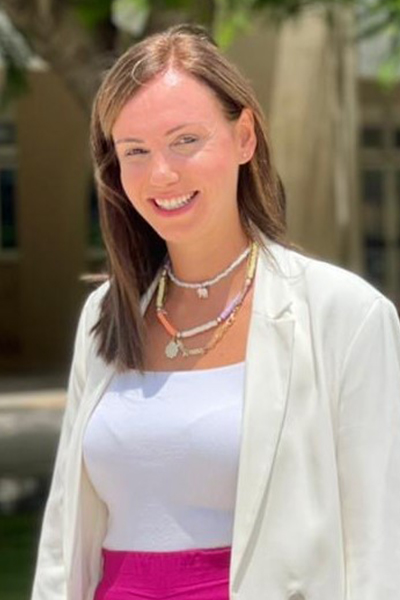
Yasmine Fakhry
Dr. Yasmine Fakhry (she/her) is a social public health researcher with a multidisciplinary background. Her research interest is around the complex interplay between health, nutrition, food security, health systems, conflict, political factors, climate change and sustainability, particularly as these factors affect marginalized populations such as migrants, refugees, internally displaced persons, persons with disabilities, women and children. Her work is grounded in principles of human rights, sustainable development goals and social justice. Her most recent research, a PhD project titled “Beyond Cells and Walls: Exploring Human Rights and Social Justice through Health and Nutrition in Lebanese Prisons,” reflects her passion for improving prison conditions in Lebanon. Dr. Fakhry is an advocate for prison reforms, particularly from a health and nutrition perspective, believing that these factors contribute to the overall sustainability of Lebanese society. She is an active member of the working group for prisons in Lebanon. A licensed dietitian with a decade of experience in hospitals, NGOs and private and non-profit consultancies, Dr. Fakhry is an expert in nutrition and food management. She is a member of the Lebanese Order for Dietitians and a member of its administrative committee. She currently serves as well as an advisor to the Board of Directors of Ahlouna NGO, where she focuses on strategic development, program implementation, policy formulation, proposal writing, fundraising, and building partnerships with local and international organizations.
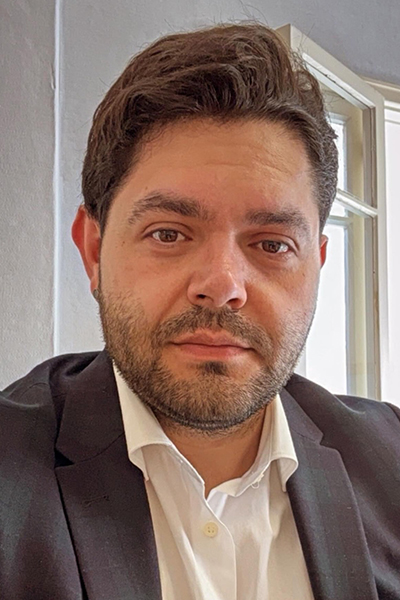
Ramzi Abou Ismail
Dr. Ramzi Abou Ismail (he/him) is a social and political psychologist specializing in collective violence, social identity, and intergroup conflict, with a focus on the Middle East region. He earned both his Master of Science in Political Psychology and Ph.D. in Social Psychology from the University of Kent, UK. His research examines the psychological roots of collective violence and explores factors such as authoritarianism, social dominance, dehumanization, and collective narcissism. Dr. Abou Ismail is a member of the International Society for Political Psychology (ISPP), the International Society for Research on Aggression (ISRA), and the American Psychological Association (APA). He has presented his work at major conferences focused on aggression, political psychology, and social psychology, and has published research on collective violence in multiple academic journals.
Faculty

Fadi N. Nassar
Assistant Professor of Political Science and International Affairs
Director, Institute for Social Justice and Conflict Resolution